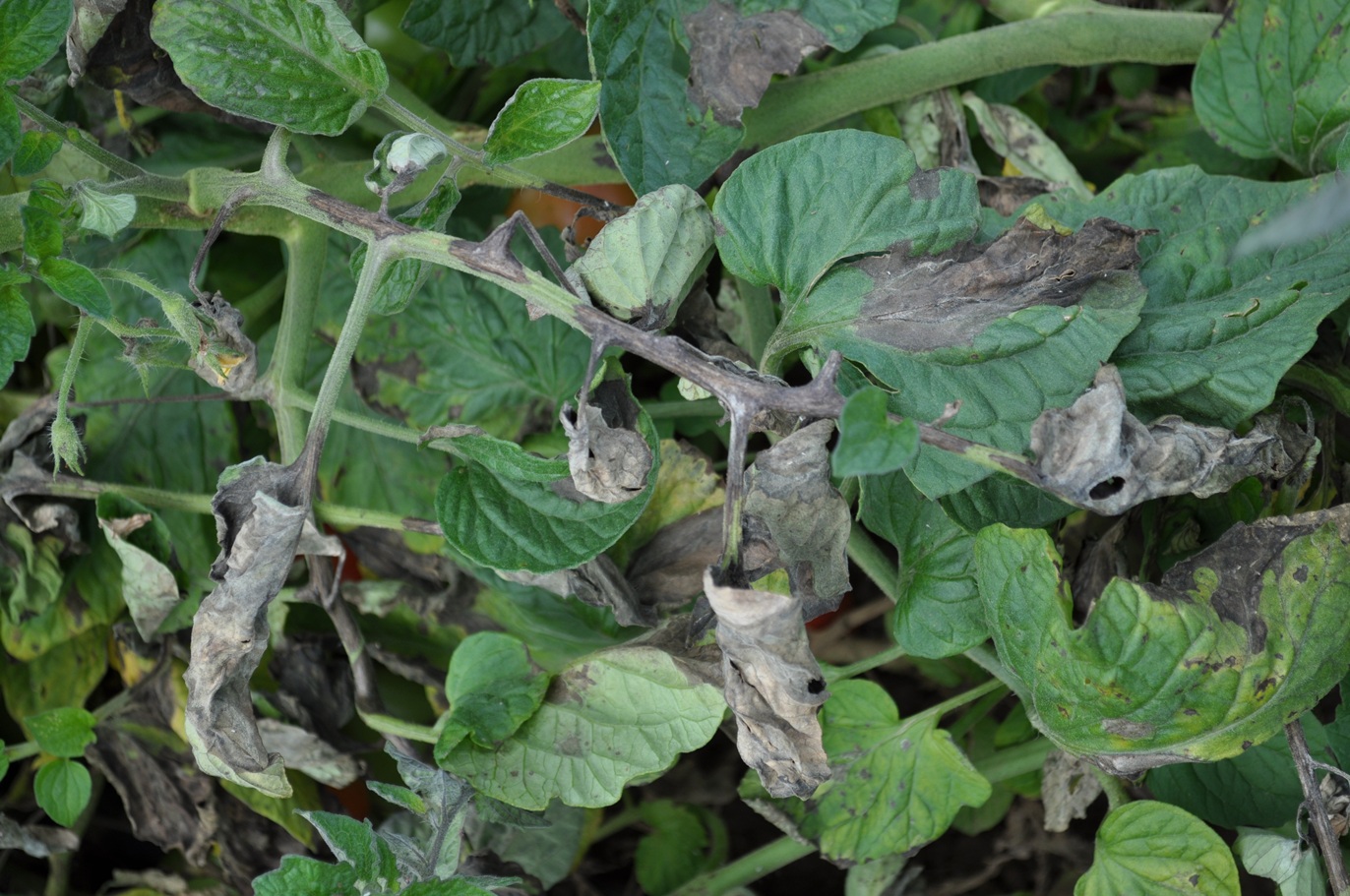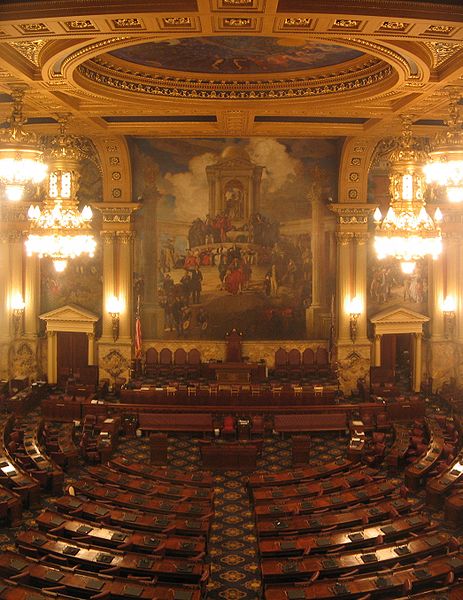On the chopping block this budget season is the cash portion of the state’s General Assistance program in the Department of Public Welfare. The $150-millon dollar effort provides more than 60,000 recipients with monthly checks of around $200-dollars.
Those recipients most often include the disabled, sick and those fleeing domestic violence. “General Assistance is the last knot of the safety net… many of those are persons who have no other means of support,” says Stephen Drachler, executive director of United Methodist Advocacy in Pennsylvania.
Numerous faith-based groups recently joined a diverse, statewide coalition to write the General Assembly in hopes of saving the welfare program.
Housing advocates are even adding their voices to the chorus. Housing Alliance of Pennsylvania executive director Liz Hersh says General Assistance is typically used for basic living expenses and homeless shelters are already stressed. She fears more people would wind up on the streets.
“As taxpayers, while it may be unpalatable to have a program like General Assistance, it actually saves us money,” says Hersh, noting that the aid actually keeps people out of more costly public programs.
The governor’s 1,000+ page executive budget (released in February) notes that eliminating the cash portion of General Assistance will allow the DPW to maintain health care for individuals who do not qualify for Temporary Assistance to Needy Families or Medicaid.
Governor Tom Corbett’s spokesman Kevin Harley tells Radio PA that federal programs will be there to assist the truly needy. “The state program was always above and beyond what the federal government provided, and many states have eliminated or drastically cut back similar programs because of difficult budget situations.”
Like the governor’s budget plan, the Senate budget bill does not include funding for the cash portion of General Assistance. “There is competition for limited resources,” noted Senate Majority Leader Dominic Pileggi whilie meeting with capitol reporters late last month.
But advocates say there is room for compromise, as they seek to preserve General Assistance for those most in need.
Governor Tom Corbett and top Republican lawmakers continue to negotiate next year’s state spending plan. The final budget is expected to spend more than the $27.1-billion proposed by Corbett in February, but less than the $27.7-billion passed by the Senate in May.










